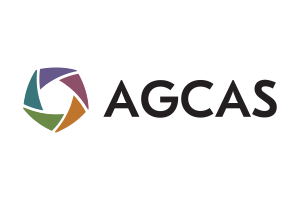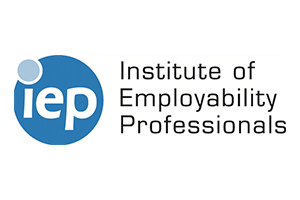
Starting Out
So what actually is ‘the careers sector’? This is an area of work where professionals support individuals and organisations to work out, get into, and thrive, in work they love. Some Careers Professionals work with young people, others with adults, many work with both. Opportunities and variety in the sector are endless, as are entry routes into it. It also has a lot of cross-over with other sectors like HR and Learning and Development, as well as those working in wellbeing and psychology.
And we may be biased but we think it’s the best sector in the world to work in. Why? Because you literally change lives, supporting clients to move from a quagmire of confusion to clarity and excitement.
Even better, to do that you use a variety of transferable skills which can even help if you’re coming into or want to leave the sector at any point. These include:
Communication
Questioning, proactive listening, client-centered, customer service
Empathy
Friendly, supportive, positive, rapport building
Resilience
Creative, problem solving, reflective, work under pressure
Enthusiastic
Patience, impartial and Independent
Innovation
Entrepreneurial, creative, project management, digital and administrative skills
No wonder that a survey by the Career Development Institute (CDI), showed that 84% of respondents were proud to work in the sector. The CDI is the professional body for the sector and there are many other great membership organisations who also represent and support specific parts of it including AGCAS and IEP.
What kinds of jobs?
We have a marketing problem so you’re probably thinking ‘little old lady Careers Adviser in a cardie based in a school’ is the only job option. Wrong! This is a professional sector, where you can have a varied and exciting career and in many roles will be required to have graduate level qualifications, follow a code of ethics and complete regular CPD.
The sector is even currently exploring bringing in Chartership giving it a further badge of professionalism. And some of the roles might take you across the world, working with diverse groups, in prisons, in schools, FE or HE, in technology, large corporates or even get on the telly…the list is endless! There are also loads of opportunities for entrepreneurship, from designing creative resources for practitioners to leading the way with AI.
Here are just some of the types of roles you could do in the sector. Click on the button below to read their full stories.
Qualifications
There are many providers of these and you will have to weigh up what is right for you. Things to include will be thinking about the level required, further options it may give you, what resources are offered, the experience of the tutors, level of support, how you’ll be assessed and whether it is delivered online or face-to-face (or a mixture).
Depending on the qualification you pick, there are work-based routes including an apprenticeship or full time study. Some qualifications will give you the necessary tools to be a guidance practitioner, others to do other roles such as how to be a school based Careers Leader.
For training providers and courses, some are shown on the CDI website, on UCAS and The Careers and Enterprise Company also offers (in some cases free) Careers Leader training. Others can be found via their own individual websites. Check back shortly for a new infographic showing the different route options and more detailed links to all the providers.
Mentoring & Supervision
Whilst sadly lots of the sector is unregulated, we’d always recommend you do some kind of formal training to build your knowledge and skills, either before you start working or alongside it. Although school work and work in Scotland in particular is more regulated, anyone can just say they are an adult coach. This is very damaging to us as a sector and the clients we serve. Research your qualifications or training very carefully, completing it with a trusted organisation. As well as qualifications, there are a lot of options for being mentored or having coaching supervision, and all the information we’ve linked you to on this page will show you more on this.
Careers Advice is never just about having a cosy chat, there is a lot of skill to coaching and guidance so getting proper training and support is crucial.


Funding
There are full time study and work-based learning routes which can lead to variety of different jobs. If you have a level 4 qualification or alternative qualification then there could be ways to upskill to a higher level if you wish.
And if you’re worried about how you’re going to fund this, there are some great options like an apprenticeship in the careers field as well as some potential learning bursaries. Or you can always talk to an employer about funding or speak to training providers direct to find out about payment plans.
Development
In this sector we are always learning and growing. Check out our development page to find out more.
What are we missing?
We’re stronger together and know that lots of you will have great things to share which we don’t know about yet but which are important to share with the careers community. Let us know if you think there are any further useful resources, information or website links we should be sharing.













